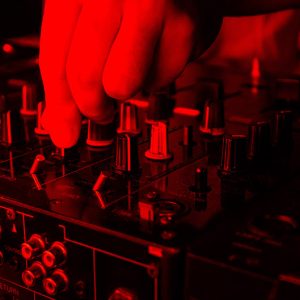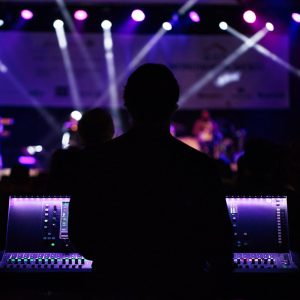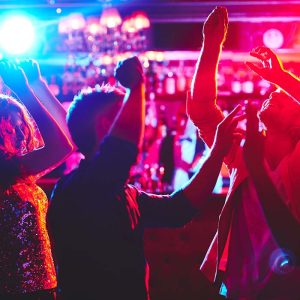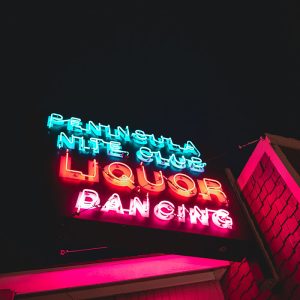Navigating Music Copyright: What Every Musician Should Know” – Providing an overview of music copyright laws, including how to register copyrights, protect intellectual property, and understand the rights of creators and owners
Music copyright designates legal ownership of a musical composition or sound recording. This ownership includes exclusive rights to redistribute and reproduce the work, as well as licensing rights that enable the copyright holder to earn royalties. There are Two types of music copyright: master and composition
Composition; The compositional copyright covers an underlying musical composition: the arrangement of notes, melodies, and chords in a specific order. It is held by songwriters, lyricists, and composers, and managed by their music publishers (who also partially own the copyright).
Master Recording The master copyright covers the specific sound recording, or “master recording,” that contains a particular expression of the underlying musical composition created by performing or recording artists. This copyright is held by the performing artists and, typically, their label.
What does Copyright protect?
(Ideas/expression dichotomy)
Copyright protects the expression of an idea
from being copied without authority. It does
not protect the concept or the idea. It also
does not protect logos, symbols, titles, short
phrases or factual information that may be
contained in a copyright work.
Authorship and Ownership
under Copyright Law
The first owner of a copyright work is its
creator. An author in case of:
•Literary work is the person who wrote the
work. This also is true for software, which
is treated as a literary work.
•Musical works – the composer.
4 A Guide to Copyright in Kenya
•Sound recording – the producer
•Cinematographic work – the producer
•Photograph – the photographer
• Computer generated work – the person
who caused the work to be generated.
An author may, however licence or
transfer his rights, wholly or in part, the
same way physical property is dealt with.
All assignments or licences must be in
writing as required by the Copyright Act.
This results in ownership being held by a
person who is not the author. A person who
creates a work during employment or on
commission may own the copyright if there
is agreement to that effect.
Works Covered by Copyright
The works falling under the following
categories are copyright works:
• Literary
• Musical
• Audio-visual
• Artistic works
• Sound recordings
• Broadcasts
These include novels, poems, plays,
computer programmes, databases, musical
compositions, broadcasts, photographs,
sculptures, architectural drawings and maps
amongst others.
Rights under Copyright
Copyright protection offers a rights owner
the following:
• Economic rights
• Related rights
• Moral rights
Economic rights
These are the rights to:
• Reproduce in any material form
• Adapt or translate
• Distribute to the public by way of sale,
rent, lease, hire, loan, importation
• Broadcast whole or part of the work.
• Communicate the work to the public
• Perform the work in public
Any unauthorised exercise of these rights is
infringement of copyright. The law provides
for criminal sanction and civil remedies to
the rights holder in the case of copyright
infringement.
Protecting Copyright, Encouraging Creativity 5
Moral rights
This entitles the author to claim authorship
of the work and object to distortion or
mutilation prejudicial to his honour or
reputation.
These rights are independent of the
economic rights and are nontransferable
at all.
Related Rights
• Rights of producers of sound recordings
• Broadcasters’ rights
• Performers’ rights
Term of Copyright
Copyright protection varies from work to
work depending on authorship and their
nature.
In Kenya Copyright protection lasts for
the life of the author plus 50 years. If the
author is unknown, the period of protection
is 50 years from the date it is published.
In case of a joint authorship, copyright
will last for the lifetime of the authors and
50 years after the death of the last author.
Audio-visual works, photographs, sound
recordings and broadcasts are protected for
50 years from the date of first publication.
Moral rights
This entitles the author to claim authorship
of the work and object to distortion or
mutilation prejudicial to his honour or
reputation.
These rights are independent of the
economic rights and are nontransferable
at all.
•Rights of producers of sound recordings
• Broadcasters’ rights
•Performers’ rights








